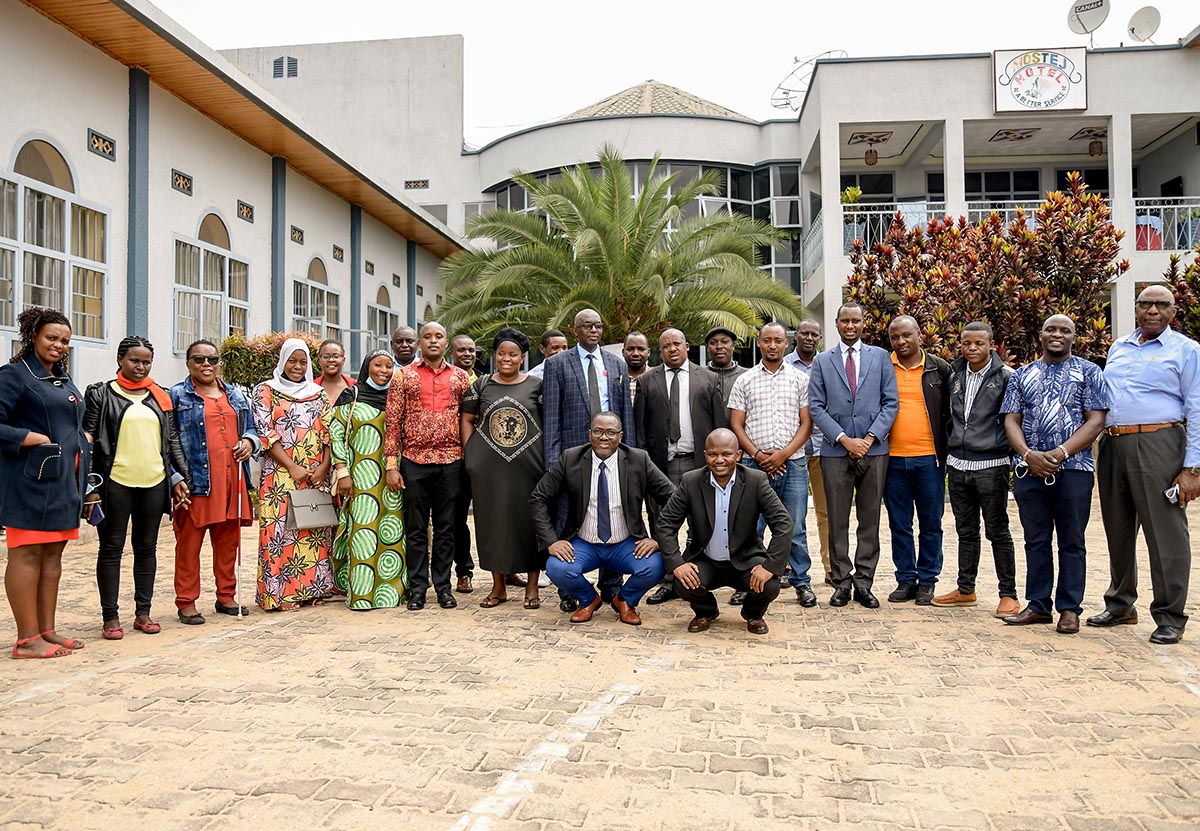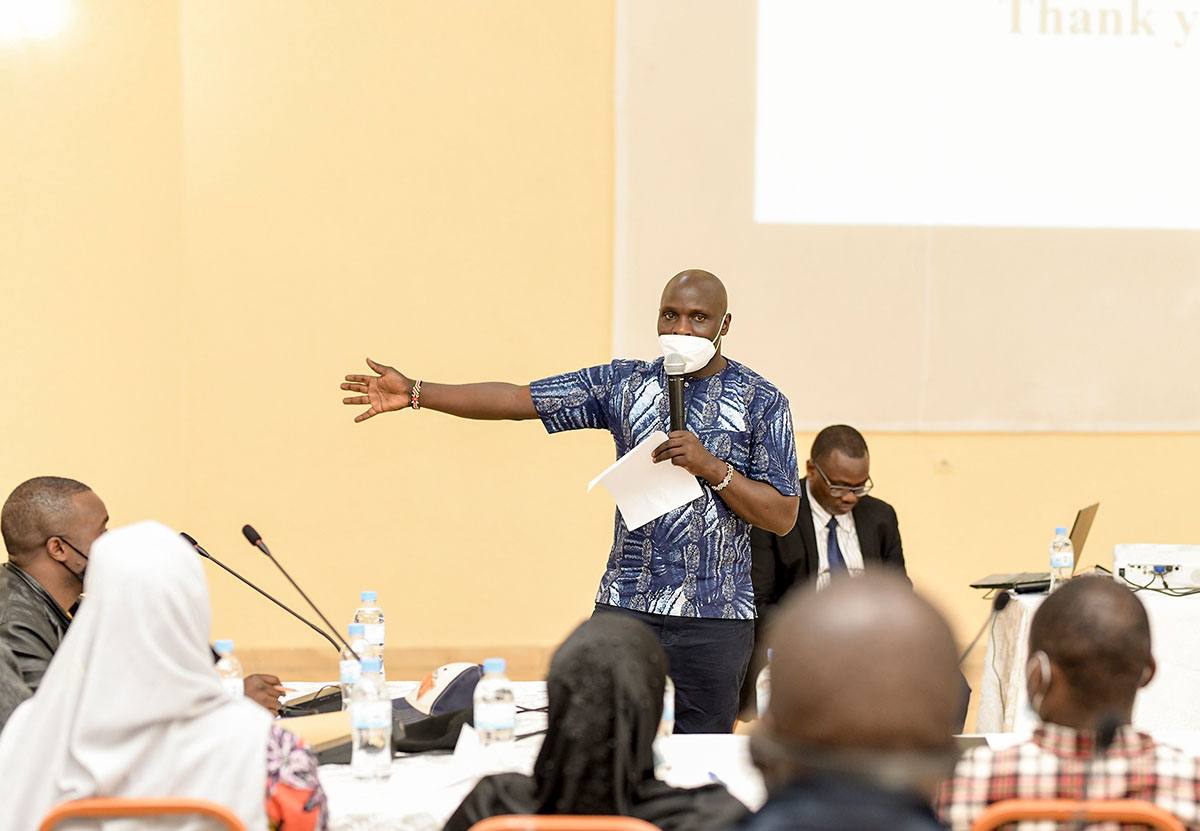The House in Rwanda was launched on January 2018 in Kigali, Rwanda. The House represents a diverse set of stakeholders including representatives of the residents of Kigali, government officials, members of parliament, legal experts, academics, public intellectuals, development partners and agencies.
This House focusses on promoting the use of evidence based advocacy to influence policy on urban governance in Rwanda. The provision of affordable housing, access to effective and affordable public transport, and improving waste management for enhanced public health are some of the priority issues collectively identified by the stakeholders in the house as areas which need evidence for policy intervention.
The house is guided by the following specific objectives;
- Build, facilitate, enhance and sustain a vibrant research-policy community on Urban Governance and City Transformation in Kigali through well planned programme activities;
- Synthesize new and existing relevant research evidence on Urban Governance and turning African Cities Around in Kigali and make them available to policy makers and practitioners. using policy briefs, newspaper articles and info-graphics;
- Engage key policy makers and practitioners through direct contact, policy advocacy and use of productive urban governance issues especially the secondary Cities.
Cities of Focus
Kigali and secondary cities including Rubavu, Muhenga, Nyagatare, Huye, Musanza and Rusizi
Host Organisation
The Institute of Policy Analysis and Research (IPAR-Rwanda)
House Resources/Outputs
Policy Briefs
Affordable Housing in Kigali: Issues and Recommendations – Published, July 2018
This policy brief highlights the root causes of large housing deficits in Kigali, explains why existing initiatives are not functioning as they should and offers a number of recommendations that can enhance the provision of affordable housing across the city.
Reports
First Utafiti Sera Forum on Urban Governance and City Transformation: The Case of Kigali, Rwanda
Media Resources
Newspaper articles and blogs
Researchers Call for More Collaboration to Spur Urban Development – The New Times
Using Research Evidence to Inform Debate On Affordable Housing In Kigali -The New Times


